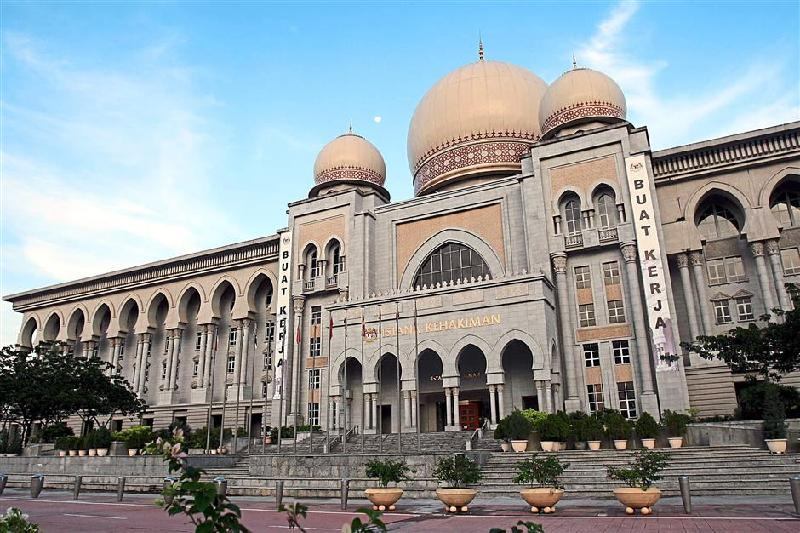
“With Tengku Maimun’s series of judicial reforms now unable to continue, it is foreseeable that the courts, in handling future cases related to democracy, human rights, and religion, will increasingly witness the resurgence of hawkish conservative forces. This signals a regression for Malaysia’s overall developmental direction, moving backward and narrowing further
The government has announced the appointment of the new Chief Justice of the Federal Court and other heads of various levels of the judiciary. However, this move seems insufficient in effectively calming the chaos and controversies that arose earlier from the leadership vacuum and lack of direction within the judiciary.
Some may be puzzled — since the authorities have already announced the appointments to the three top judicial posts last week, why is the Malaysian Bar still insisting on holding an extraordinary general meeting (EGM) this weekend? According to the meeting agenda, the focus lies on judicial independence and the separation of powers.
As a member of the Bar, I fully support the earlier “Walk for Judicial Independence” held at the Palace of Justice in Putrajaya and the upcoming EGM. The main issue is not about questioning the personal qualifications or capabilities of the newly appointed Chief Justice, Wan Ahmad Farid, but rather the authorities’ failure to clearly explain why the tenure of the highly respected former Chief Justice, Tengku Maimun, was not extended for another six months.
Although the process of appointing the Chief Justice generally follows traditional conventions inherited from the nation’s founding era — specifically as outlined in Article 122B of the Federal Constitution, whereby the Prime Minister recommends candidates to the Yang di-Pertuan Agong (the King) — it is crucial to take into account several key contextual timing points.

